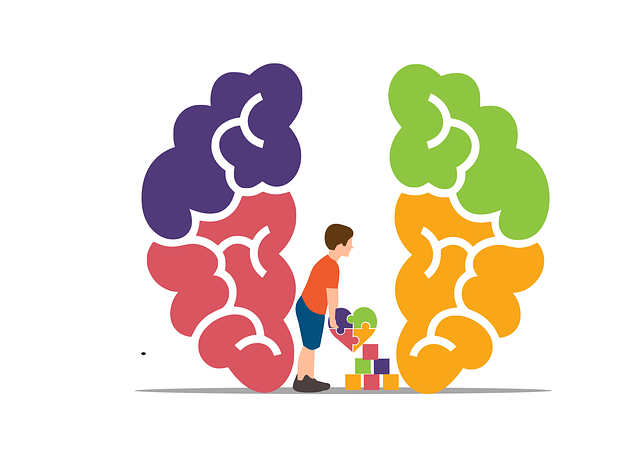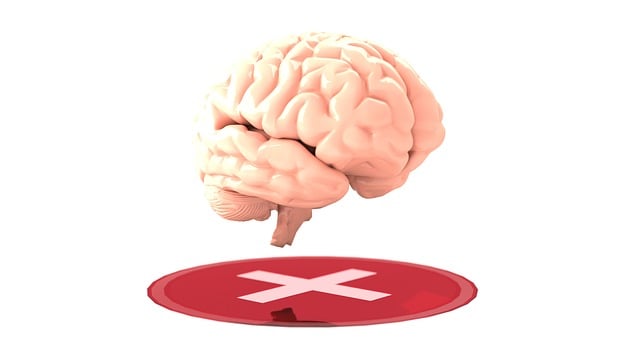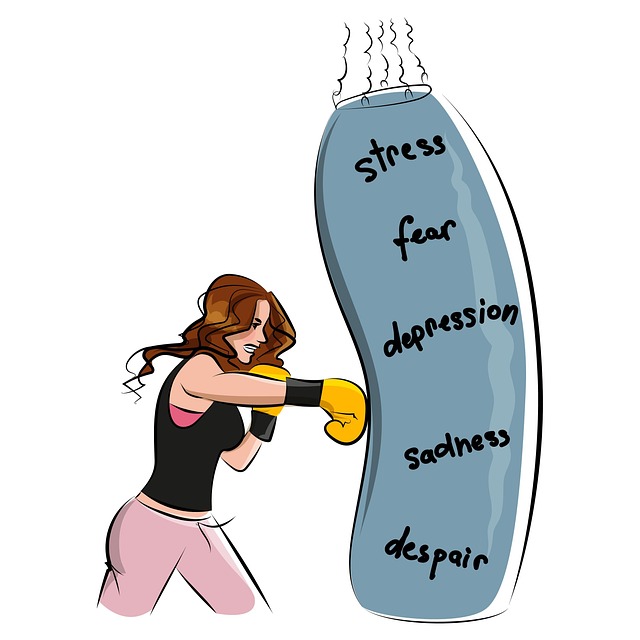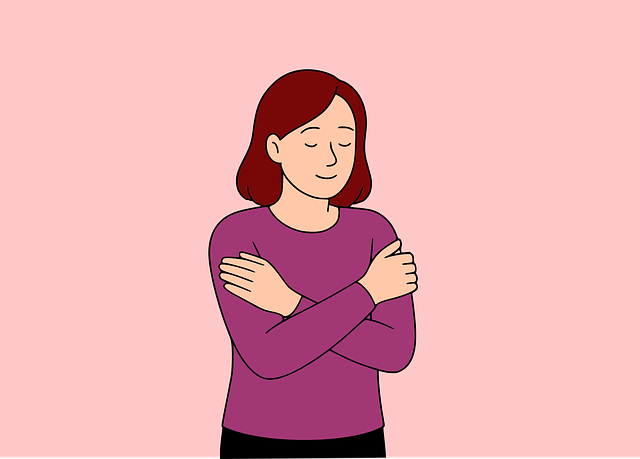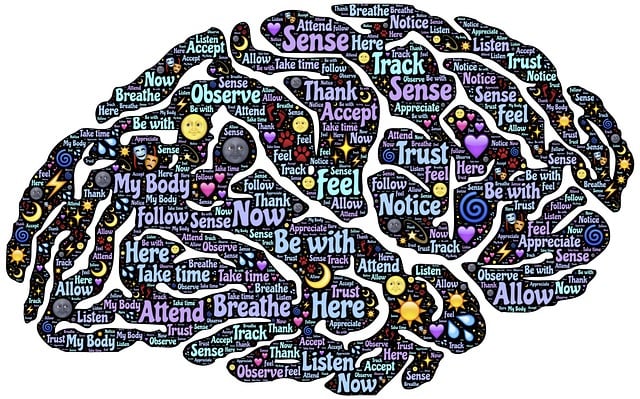Littleton Hebrew Speaking Therapy prioritizes creating safe, supportive group environments for enhanced mental wellness. Through active listening, recognizing power dynamics, and structured activities, therapists foster open communication and peer support. This approach promotes emotional well-being, conflict resolution, and cultural competency, empowering participants to navigate challenges collaboratively. The therapy sessions encourage transparency, self-care routines, and social skills development, ultimately strengthening community bonds.
Explore effective facilitation techniques for mental wellness groups in this comprehensive guide. From understanding group dynamics at Littleton Hebrew Speaking Therapy to creating safe spaces, these strategies foster engagement and healing. Learn practical approaches to encourage active participation, open dialogue, and peer support. Discover how tailored facilitation can revolutionize therapy groups, providing a vibrant tapestry of support where individuals find strength in community.
- Understanding Group Dynamics for Effective Facilitation
- Building a Safe and Supportive Environment at Littleton Hebrew Speaking Therapy
- Engaging Participants: Strategies for Active Engagement in Therapy Groups
- Facilitating Open Dialogue: Encouraging Transparency and Peer Support
Understanding Group Dynamics for Effective Facilitation

In facilitating mental wellness groups at Littleton Hebrew Speaking Therapy, understanding group dynamics is key to successful engagement and support. Groups are diverse microcosms where individuals bring unique experiences, personalities, and expectations. Recognizing power dynamics, active listening, and non-verbal cues help facilitators create a safe space for all participants. By fostering open communication and encouraging peer support, emotional well-being promotion techniques can be seamlessly integrated into group sessions. This approach not only enhances the therapeutic process but also cultivates a sense of community among members.
Conflict resolution techniques play a crucial role in maintaining this harmonious environment. Facilitators should be adept at mediating disagreements, promoting understanding, and encouraging constructive dialogue. Through strategic intervention and empathetic guidance, facilitators can transform potential conflicts into opportunities for growth and connection. Moreover, the successful implementation of community outreach program initiatives can further enrich group experiences by fostering interconnections with broader support systems and resources.
Building a Safe and Supportive Environment at Littleton Hebrew Speaking Therapy

At Littleton Hebrew Speaking Therapy, creating a safe and supportive environment is paramount to facilitating effective group sessions. This involves fostering an atmosphere where every participant feels seen, heard, and respected. The therapists at Littleton Hebrew Speaking Therapy employ various techniques to build a solid foundation of trust within the group dynamic. One such method is active listening, ensuring that each member’s perspectives are acknowledged and valued, thereby encouraging open communication.
Through structured activities and guided discussions, the therapy sessions aim to promote resilience building and self-esteem improvement. By sharing personal experiences and learning from peers, participants develop valuable communication strategies. This supportive setting enables individuals to confront challenges, explore solutions collaboratively, and ultimately enhance their overall mental wellness in a nurturing environment tailored to meet the unique needs of each participant.
Engaging Participants: Strategies for Active Engagement in Therapy Groups

Engaging participants actively is a cornerstone of effective group therapy sessions, especially within the context of mental wellness support offered by institutions like Littleton Hebrew Speaking Therapy. It’s not merely about having a discussion; it’s about fostering a sense of community and empowerment among members. Facilitators can employ diverse strategies to ensure every individual feels heard and valued. One powerful technique is incorporating interactive activities tailored to participants’ cultural backgrounds, enhancing cultural competency among healthcare providers and fostering deeper connections.
For instance, creating safe spaces for sharing personal experiences, using art or music therapy, or engaging in group exercises that encourage empathy and understanding can dramatically improve engagement. Additionally, promoting open dialogue through structured discussions on relevant topics can spark meaningful conversations. These approaches not only combat issues like depression prevention but also cultivate a supportive environment where participants actively participate, share insights, and learn from one another.
Facilitating Open Dialogue: Encouraging Transparency and Peer Support

In a supportive group setting like those offered by Littleton Hebrew Speaking Therapy, facilitating open dialogue is key to fostering mental wellness. Encouraging transparency allows individuals to share their experiences and challenges openly, creating an environment where peer support becomes a powerful tool. Members can offer encouragement, insights, and strategies they’ve found helpful, providing valuable learning opportunities for everyone involved. This exchange of ideas and emotions promotes a sense of belonging and normalizes the various mental health journeys people are on.
Group facilitation techniques aim to prevent burnout by encouraging self-care routine development. Through open dialogue, members can discuss their personal boundaries, stress management techniques, and coping mechanisms, all while receiving input from peers who may have similar or different approaches. This collaborative learning fosters a more holistic understanding of self-care, which is essential for maintaining mental wellness. Additionally, these discussions can lead to enhanced social skills training, as participants learn not only about their own mental health but also how to navigate and support each other in a constructive manner.
Mental wellness group facilitation is a powerful tool, as evidenced by practices at Littleton Hebrew Speaking Therapy. Creating a safe space, engaging participants through diverse strategies, and fostering open dialogue are key techniques that enhance therapeutic outcomes. By understanding group dynamics and implementing these effective methods, facilitators can revolutionize mental health support, ensuring individuals feel empowered and connected in their journeys towards well-being.
